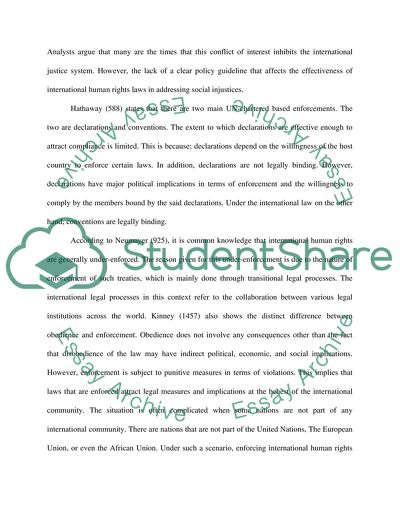Cite this document
(“International Human Rights Treaties Essay Example | Topics and Well Written Essays - 1250 words”, n.d.)
Retrieved from https://studentshare.org/social-science/1680922-international-human-rights-treaties
Retrieved from https://studentshare.org/social-science/1680922-international-human-rights-treaties
(International Human Rights Treaties Essay Example | Topics and Well Written Essays - 1250 Words)
https://studentshare.org/social-science/1680922-international-human-rights-treaties.
https://studentshare.org/social-science/1680922-international-human-rights-treaties.
“International Human Rights Treaties Essay Example | Topics and Well Written Essays - 1250 Words”, n.d. https://studentshare.org/social-science/1680922-international-human-rights-treaties.


